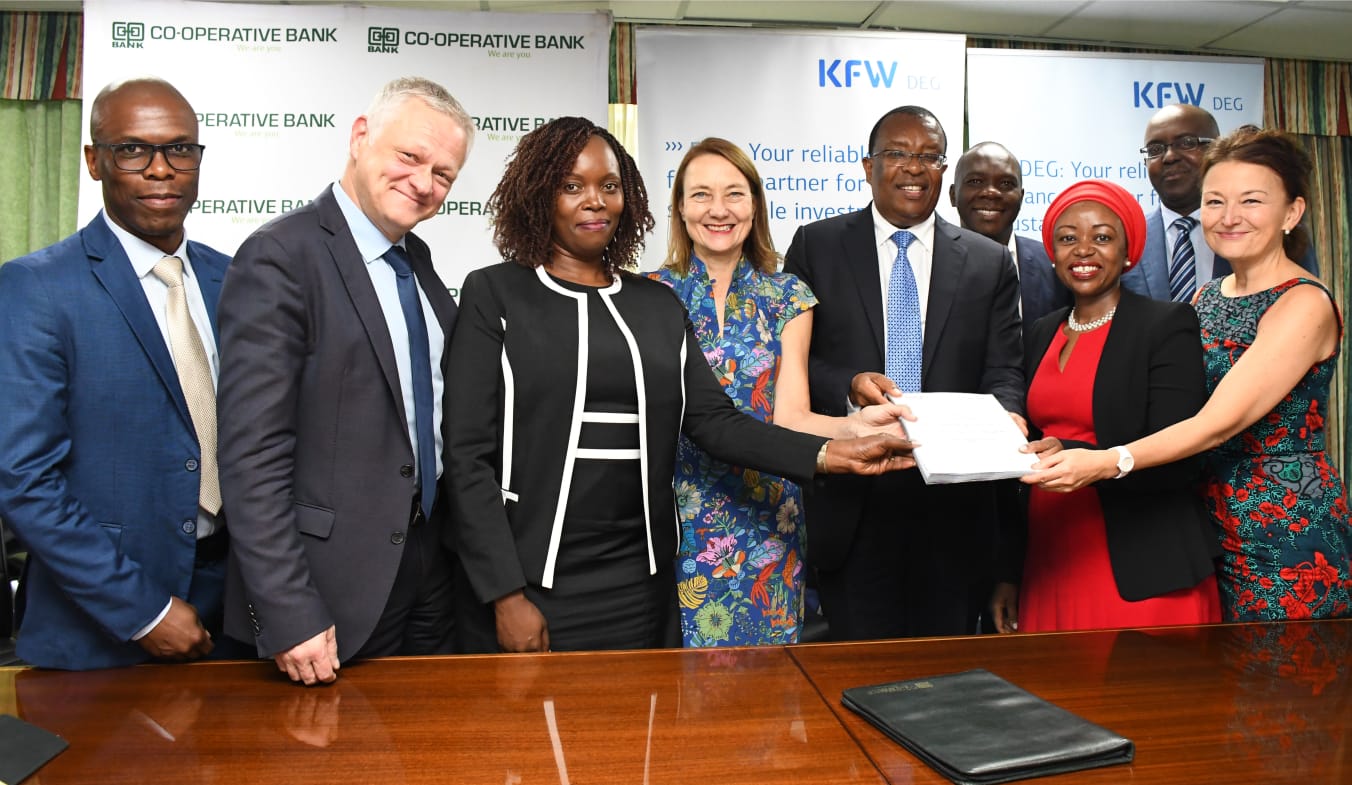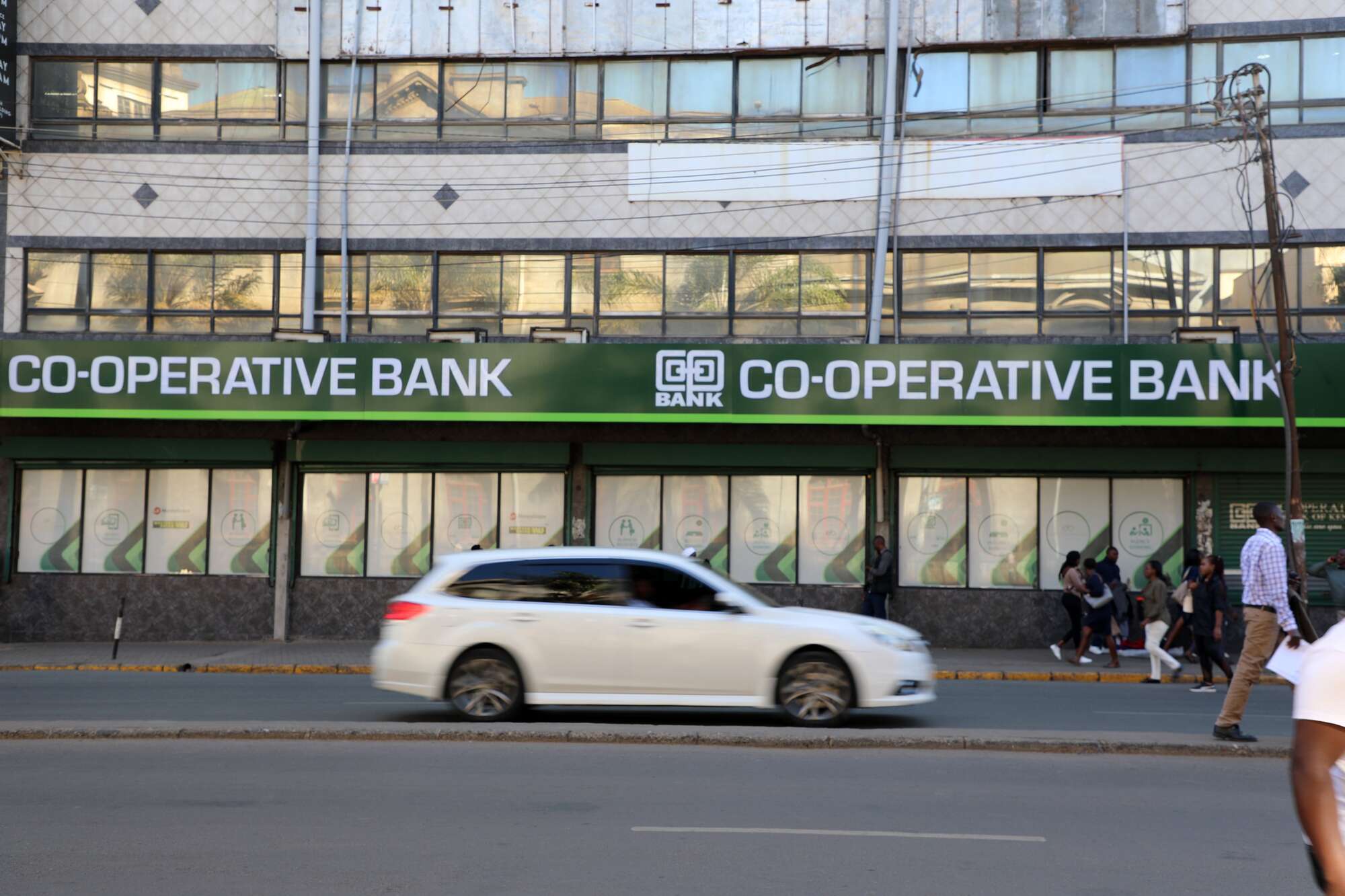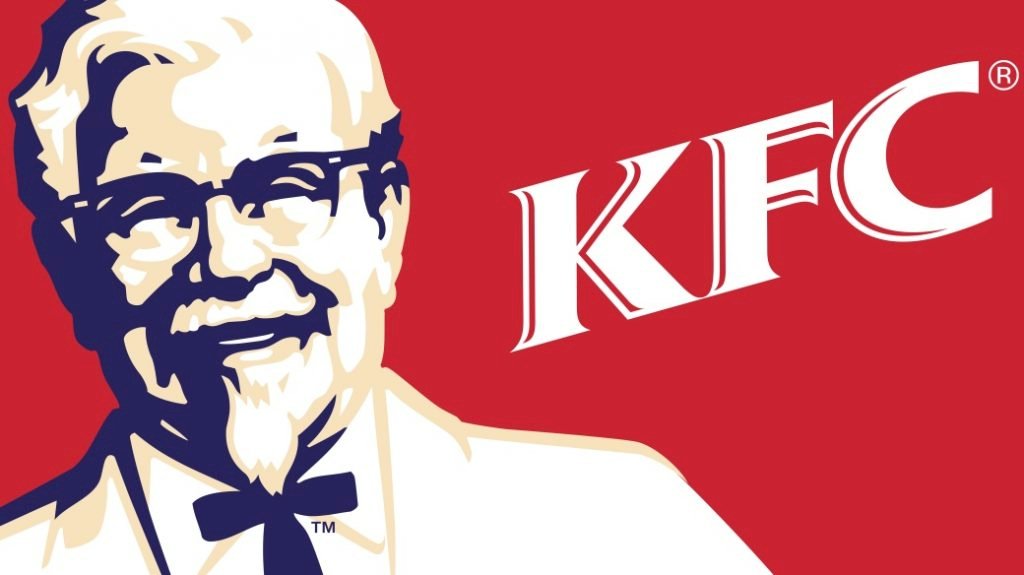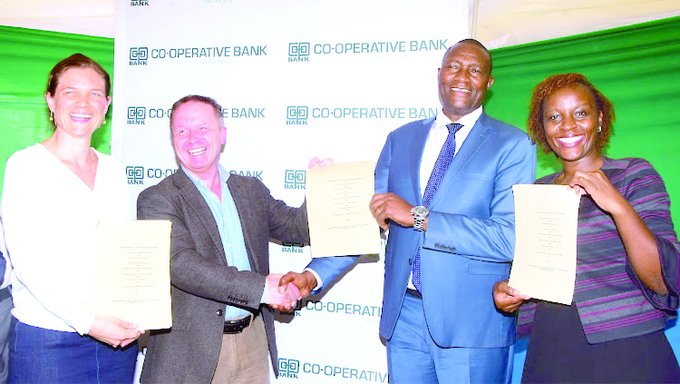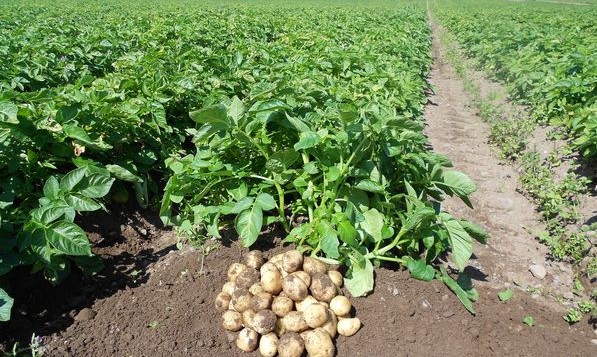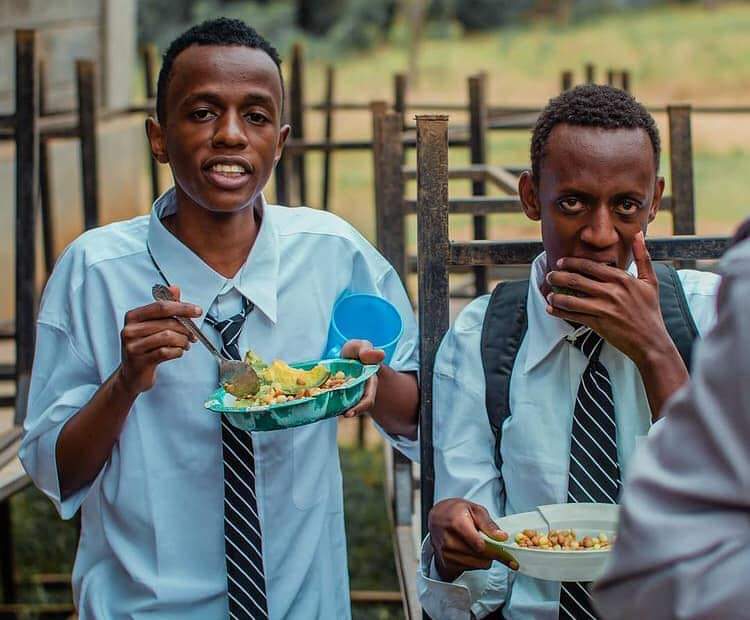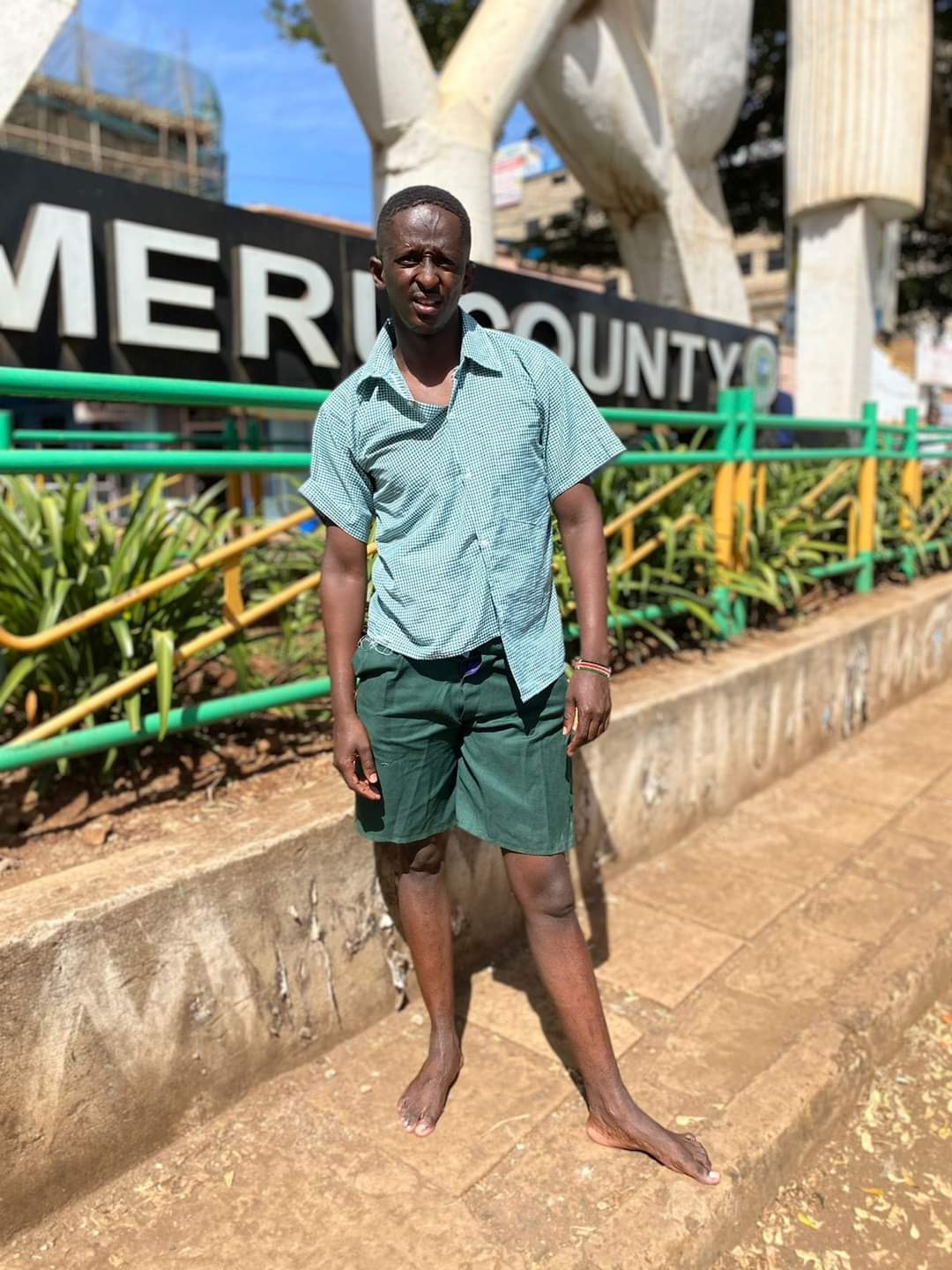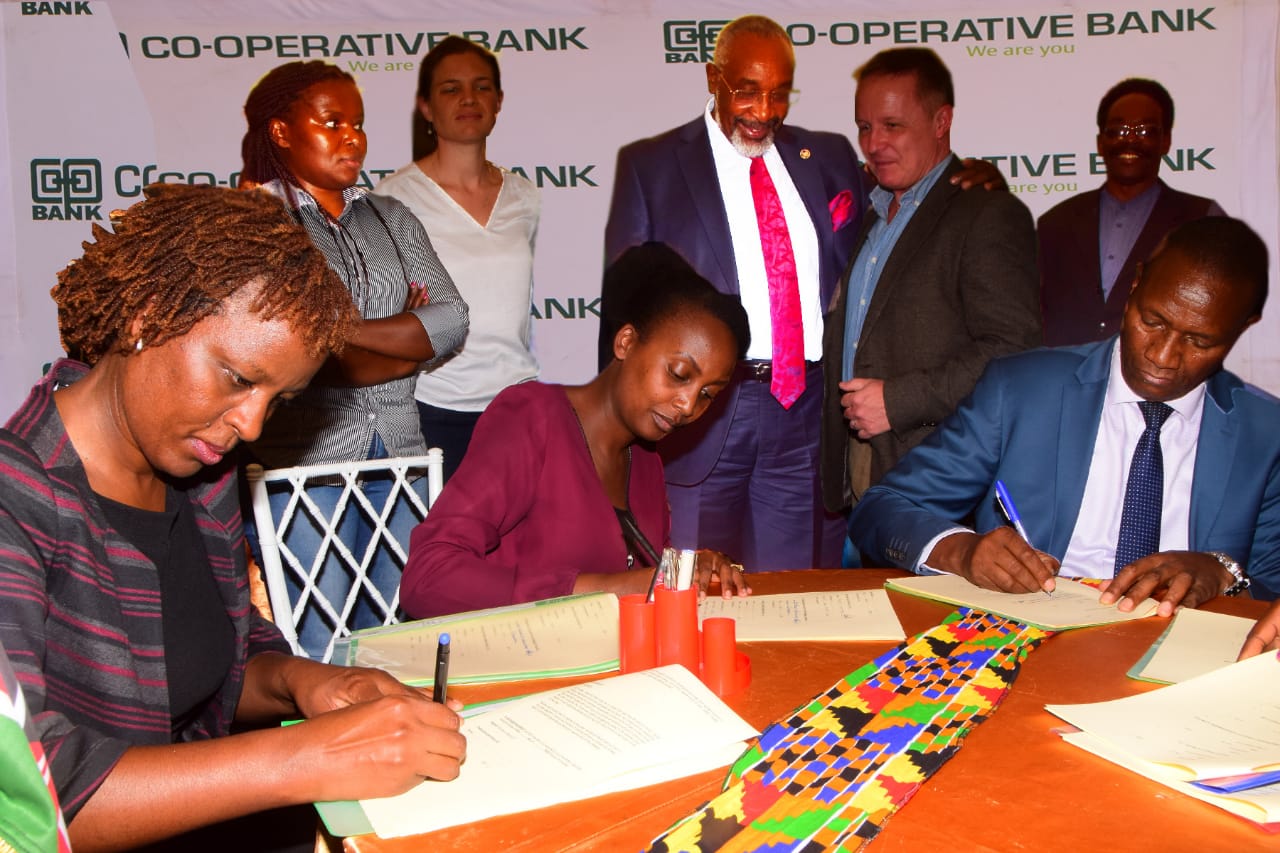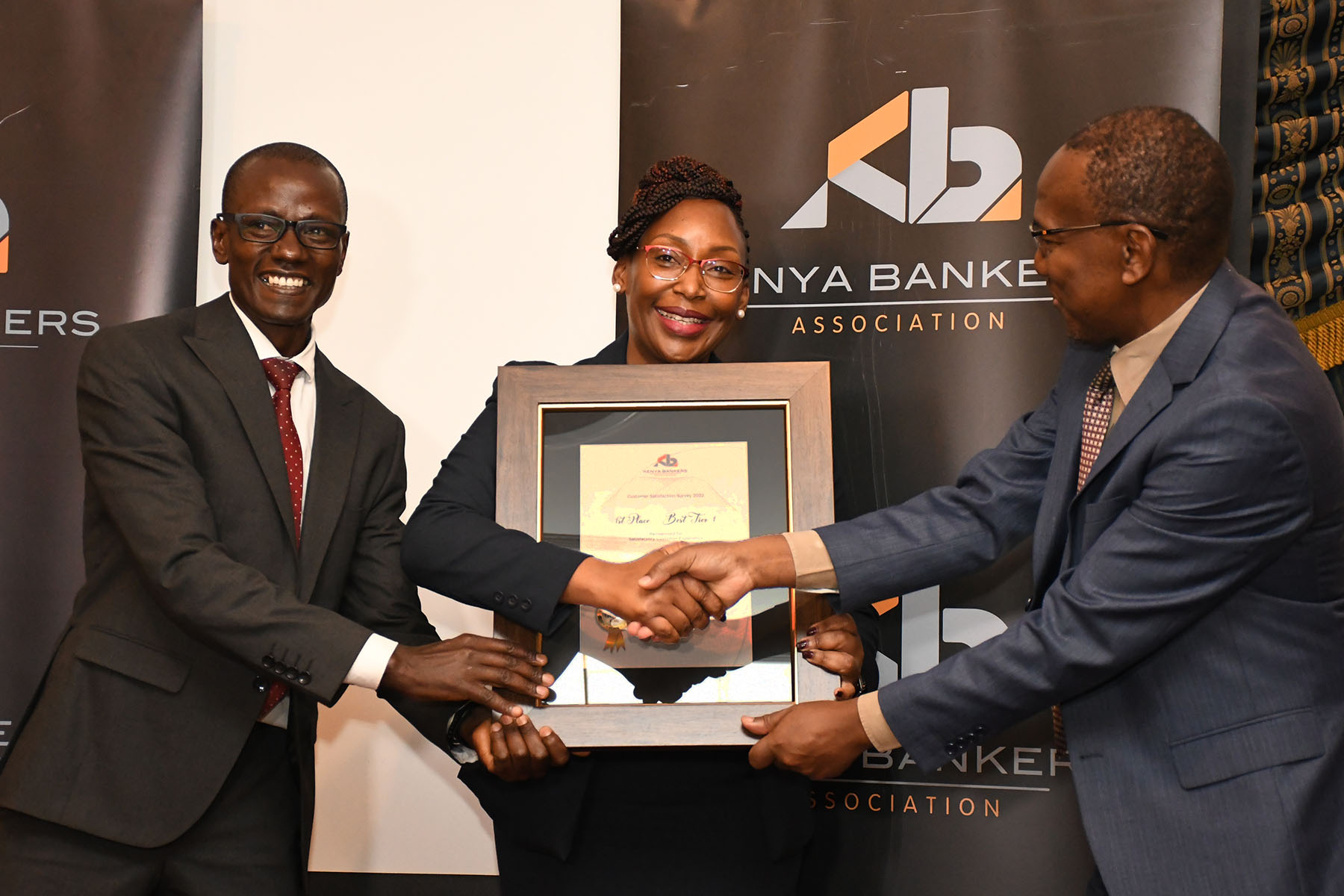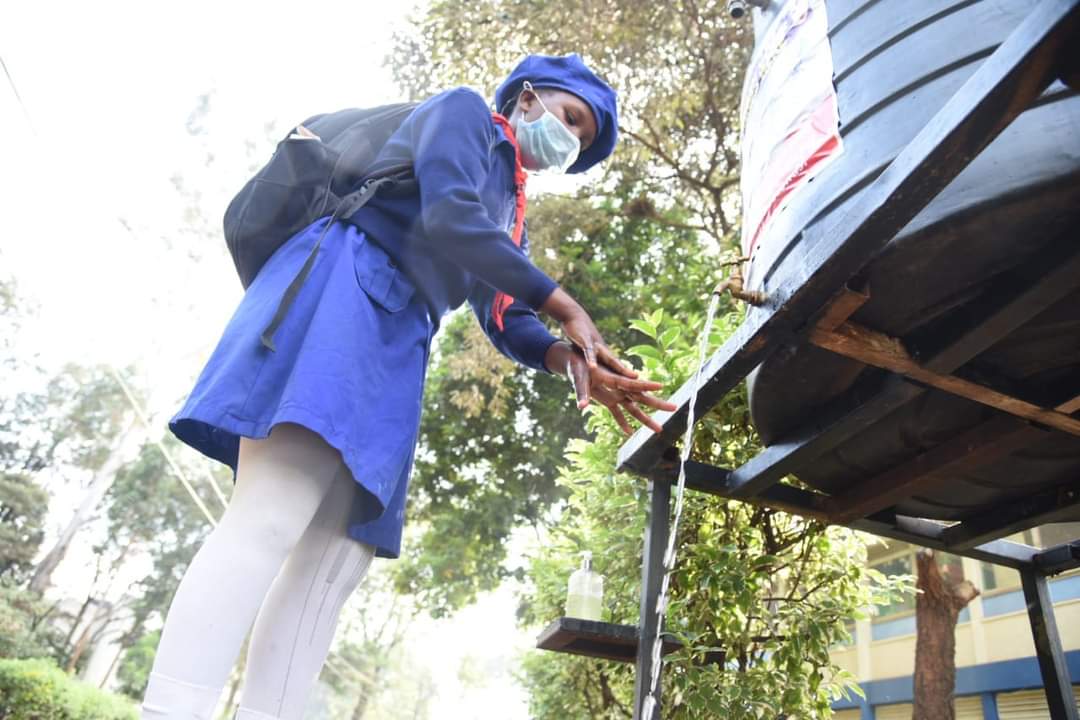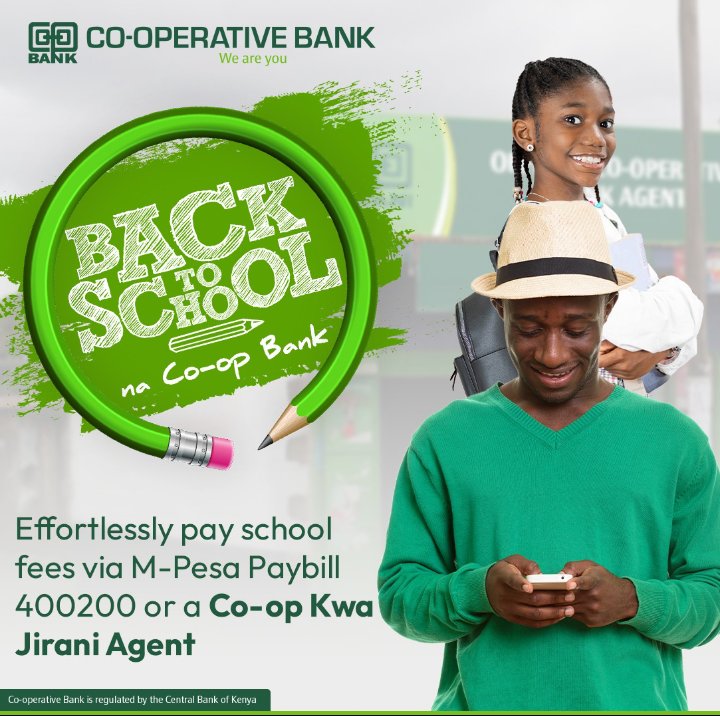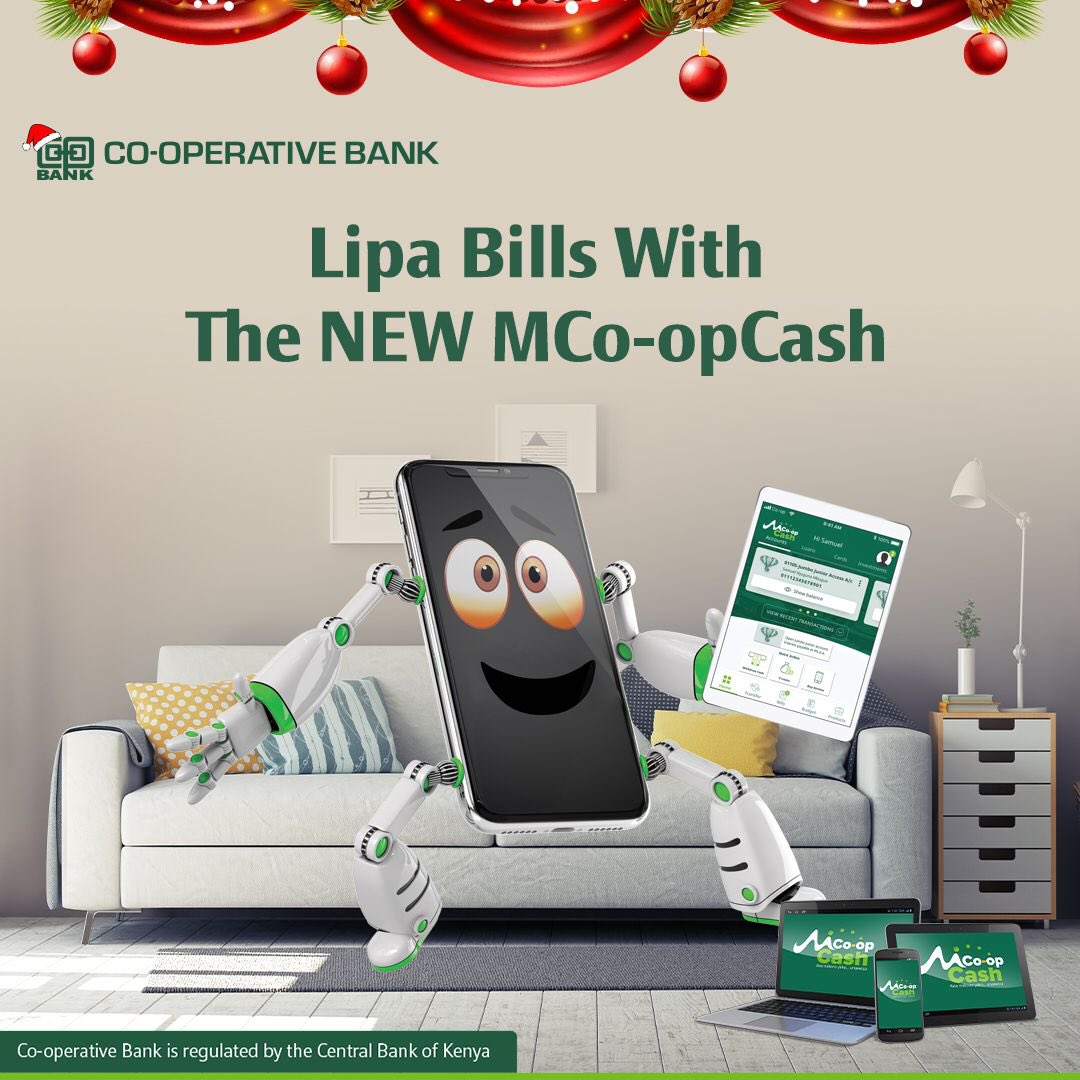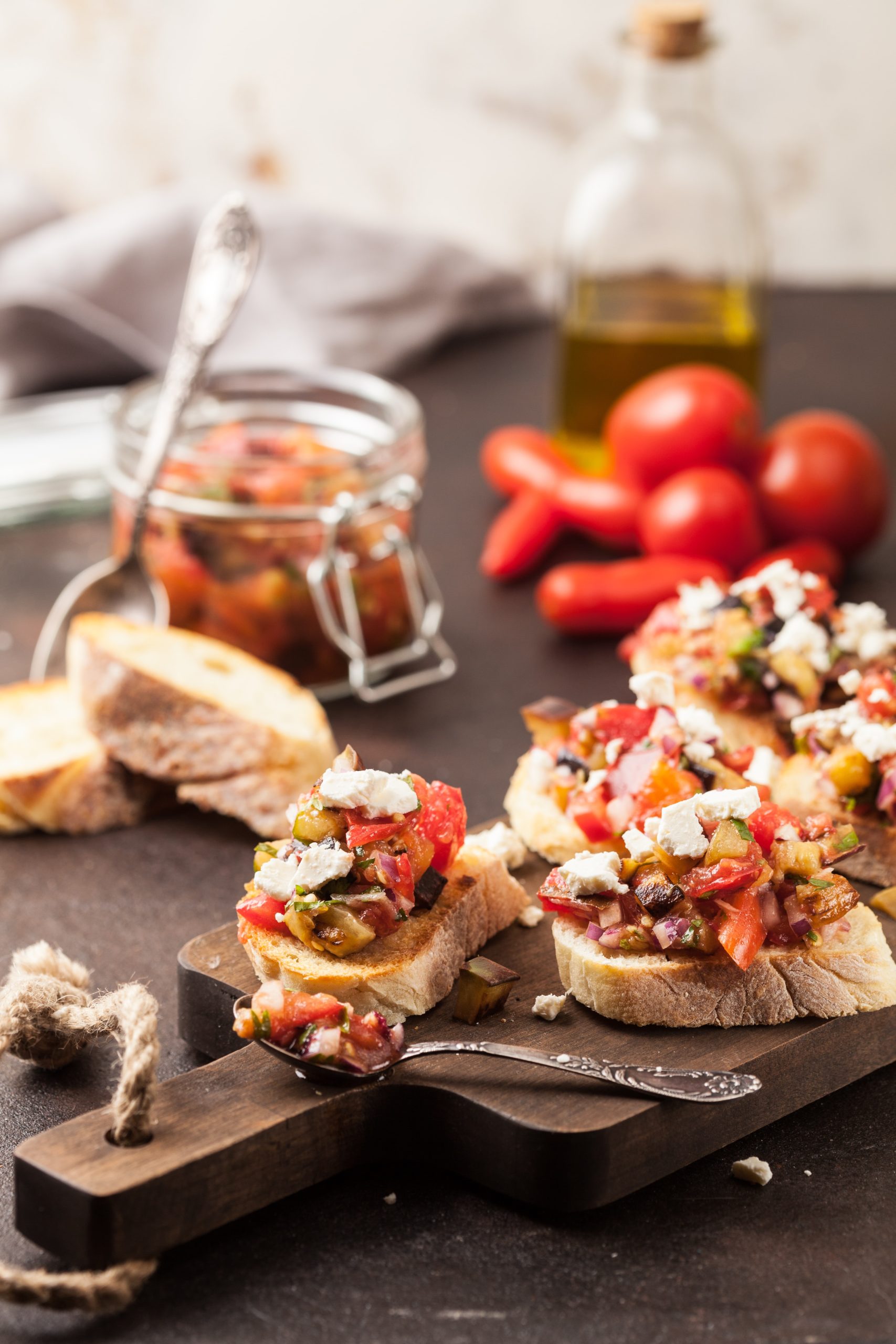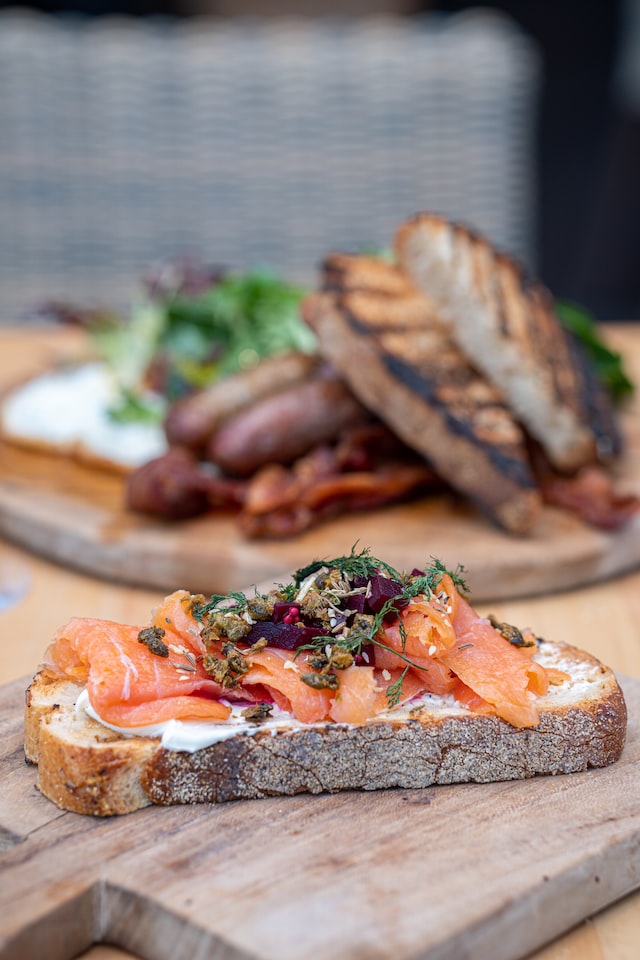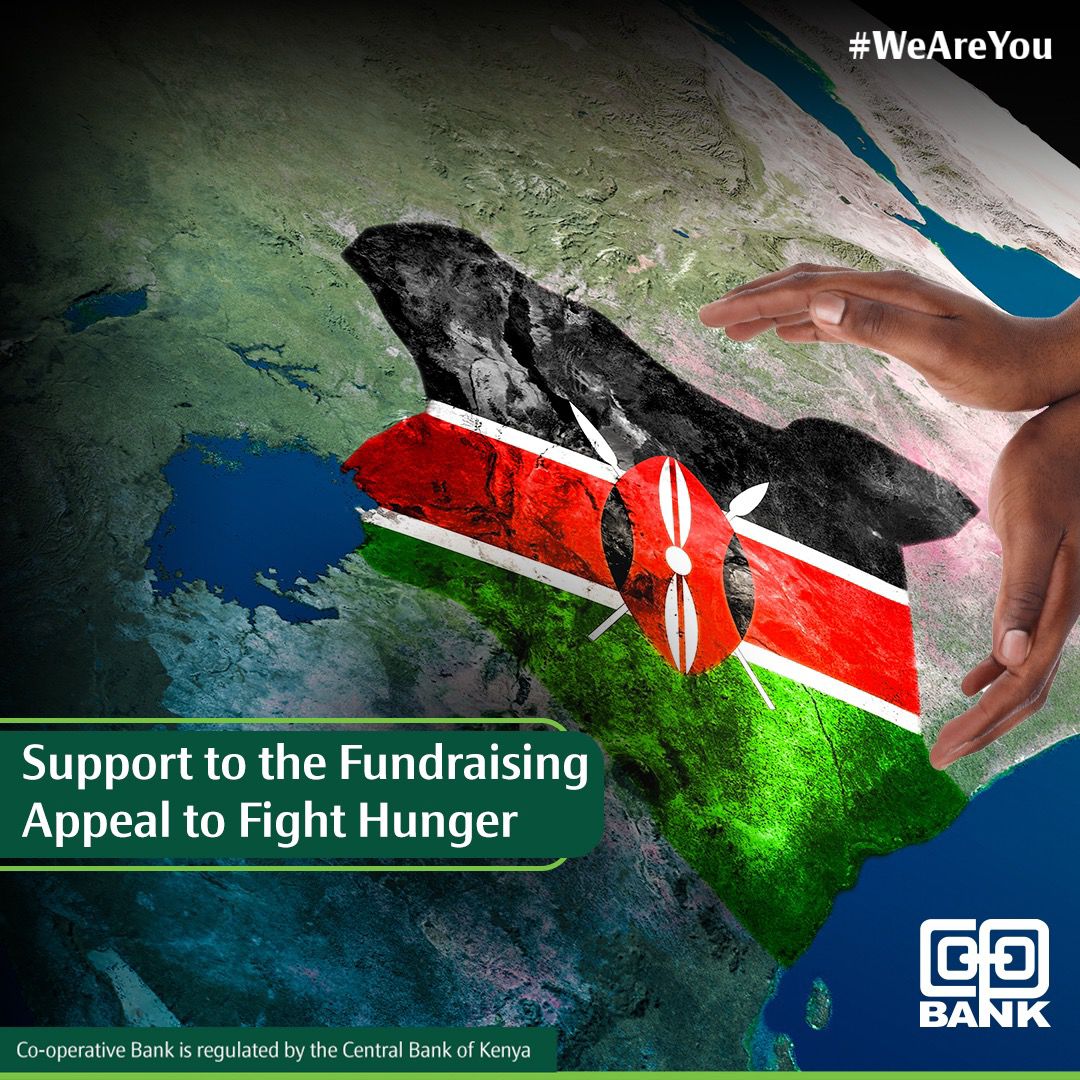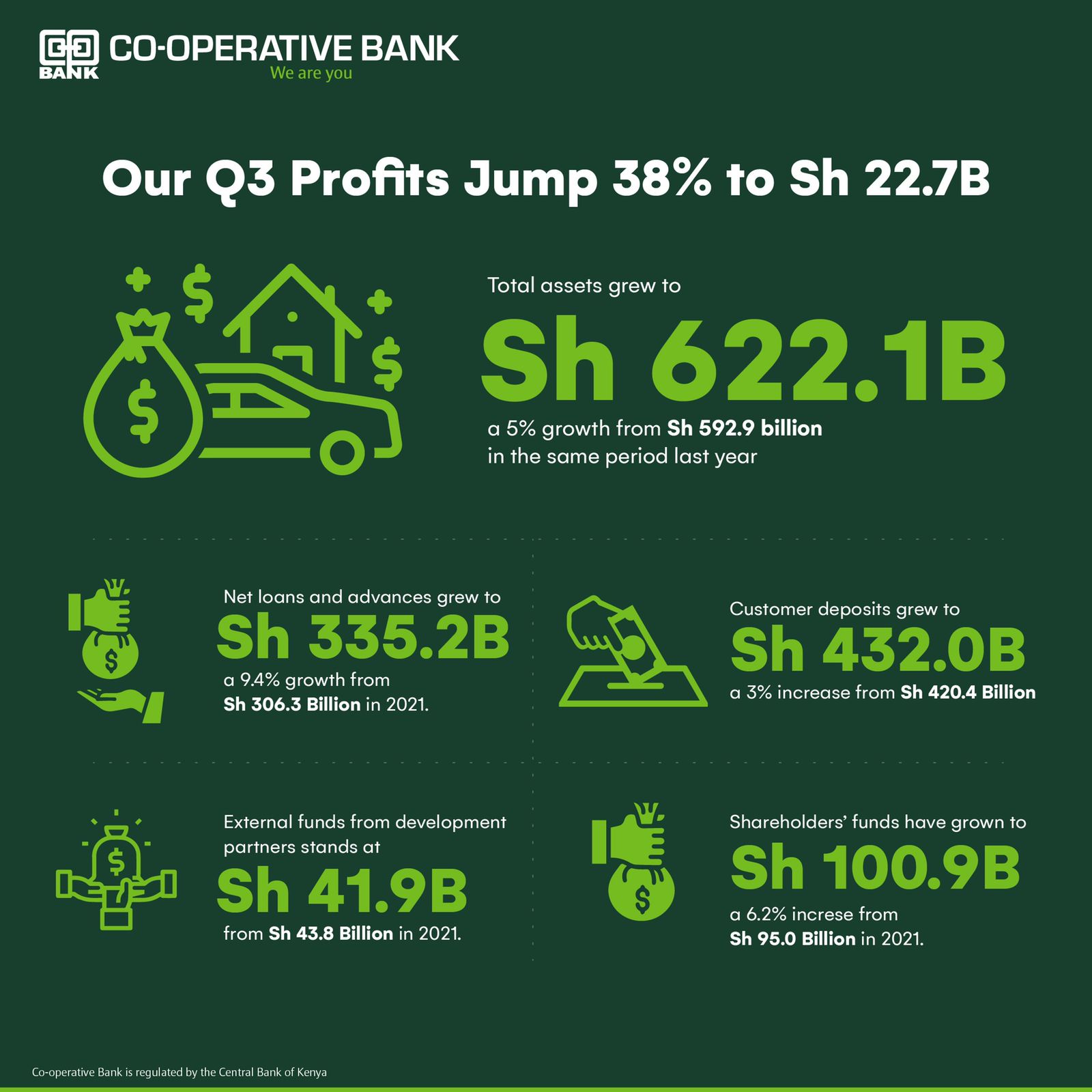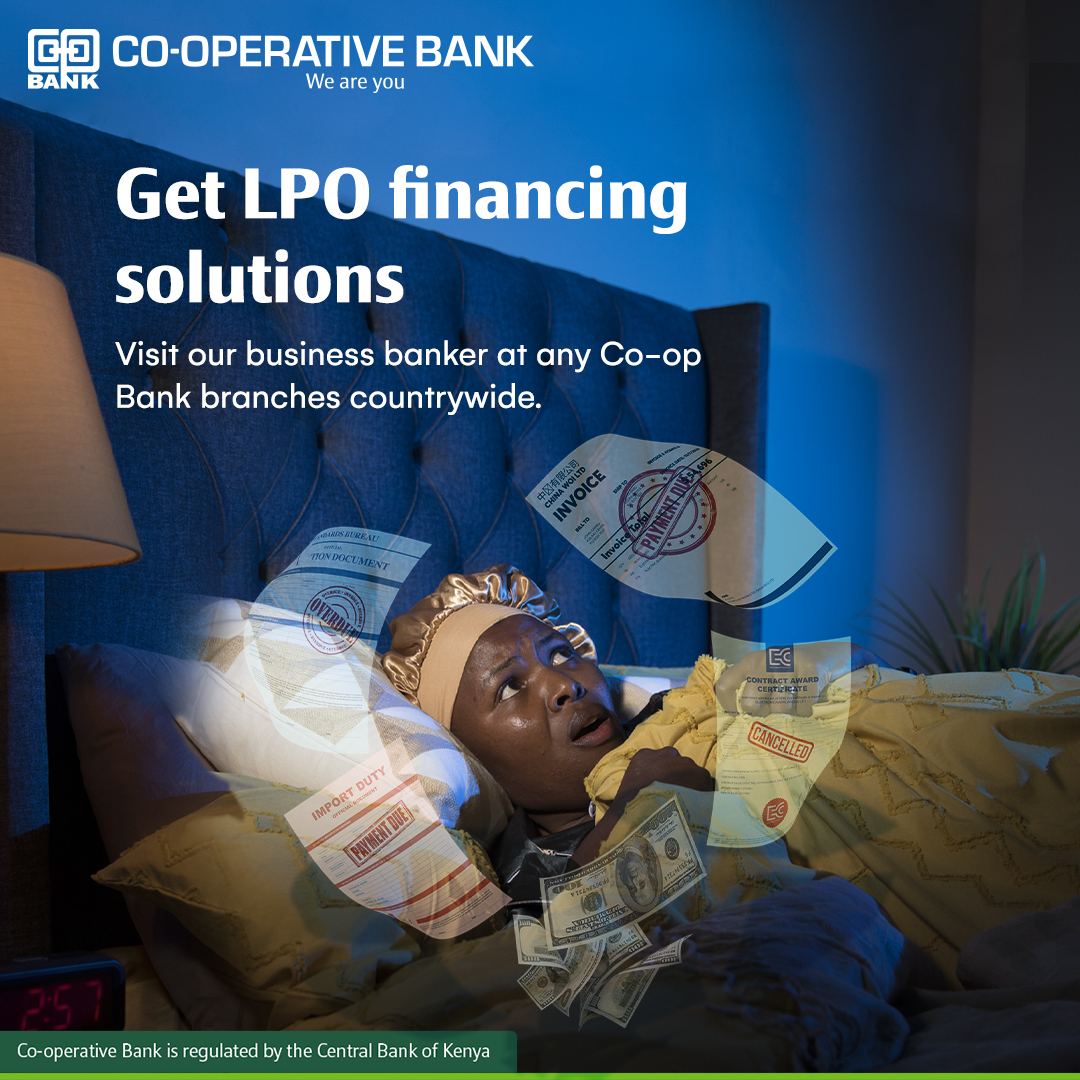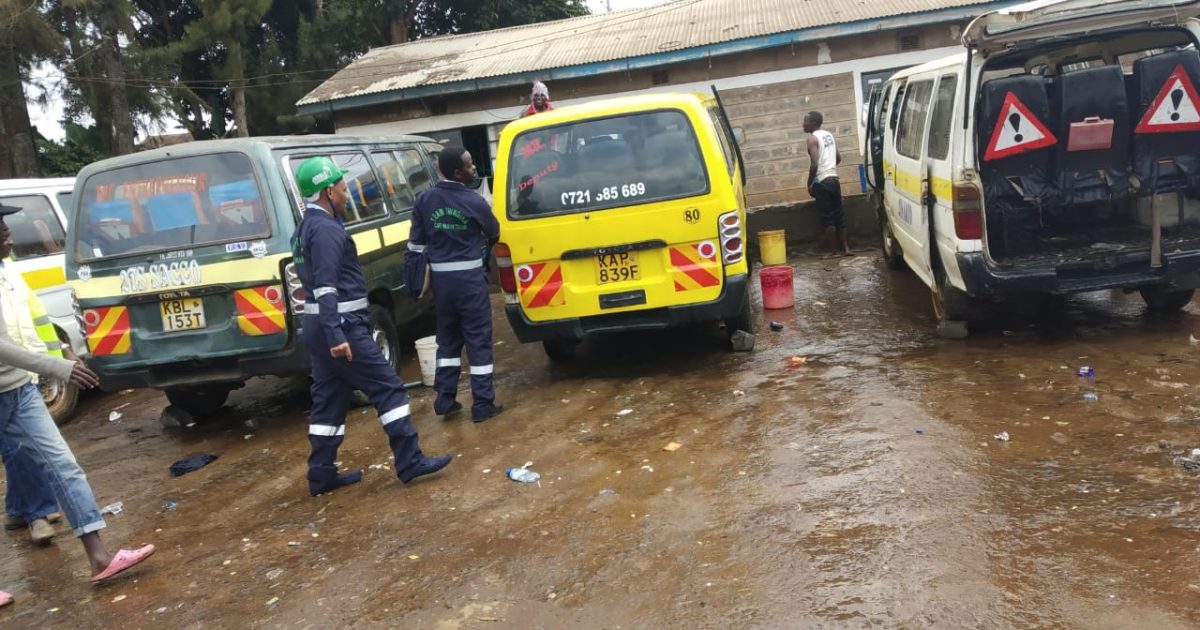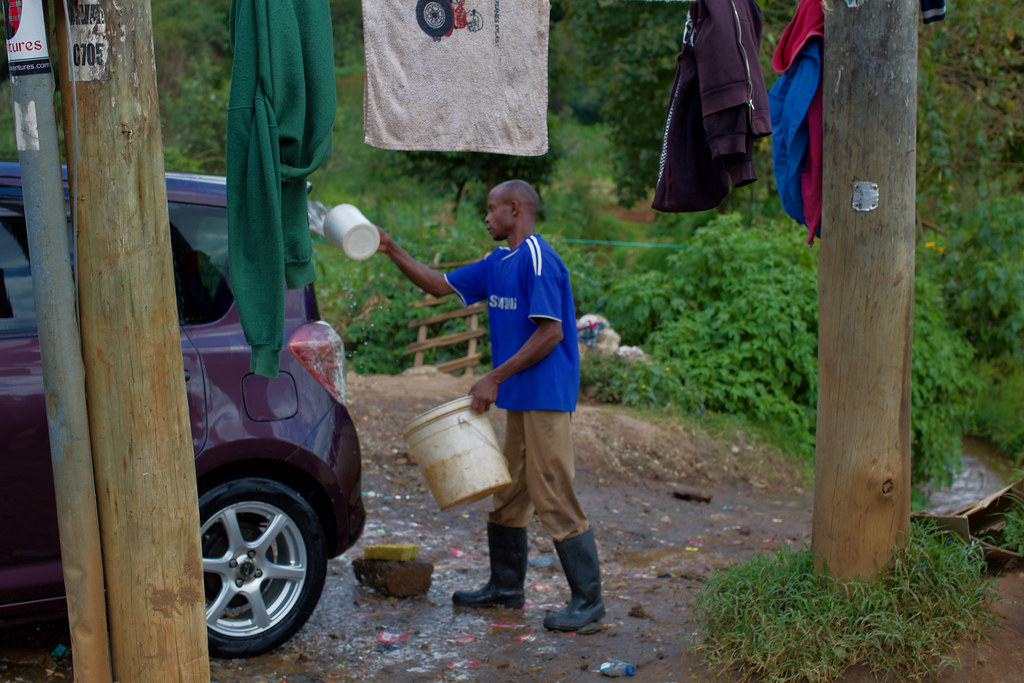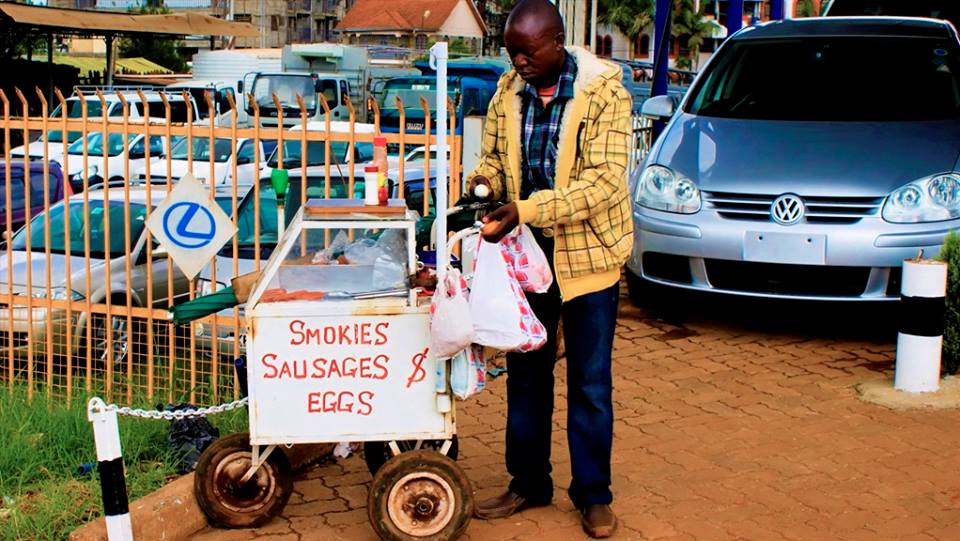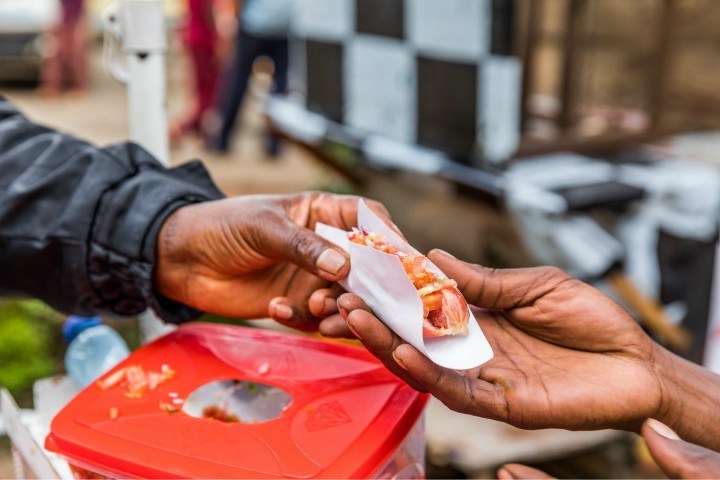Let it be that time comes – as it always will – that you get to own a car. It’s a milestone of sorts, often achieved with great sacrifice and meticulous planning.
A bit of research gets you settled on a relatively used model, instead of a brand new one. It makes better financial sense.
In a sea of used-car options, it get mind boggling picking the right one. It doesn’t help that dealers and salesmen hover around a buyer like sharks angling for a kill.
It’s easy to be led into buying a rust bucket.
Once you identify a prospect, it’s prudent to seek the expertise of a certified mechanic for the particular brand, with enough experience for the test drive.

Here’s a tentative list of 10 vital boxes to tick in your car quest:
First check if all the papers are cleared, and owner have all the papers. Insist on hard copies – not just virtual copies. A lot of times, the car may have financing terms attached, be sure to verify any loans are cleared.
Every car’s heart is the engine, so first start with the engine. Try to check it early morning while the engine is cold. At this time, any problems with starting are easy to spot.
How much time or trials does it take to start the engine, Then, turn off engine and restart again. Do it at least 4–5 times. If there’s a hard start, take note of a dying starter or battery.
Is there a noticeable noise in the engine? Here’s a good reason to seek opinions of a experienced mechanic.
Take the engine to the extreme – like, press acceleration to the 3000–4000 RPM mark. Listen for engine noises, rattling or shaking. An engine with worn mountings easily shows.
Check if engine emits a black or white smoke. White smoke – possibly due to turbo failure or other reasons as well, black smoke – engine repairing need.
In some cases, fuel sensor failures manifest in irregular smoke emissions. So check with the owner if engine is tuned well and all sensors are working perfectly.
An oil leak speaks lots about an engine. Perhaps, it’s been opened up, or replaced. Also, gaskets and oil seals may need replacement if oil leaks from any part of engine or inside the hood.
Does the engine show signs of a recent scrub? That could be a sign of hiding an oil leak.
It’s prudent to check every electrical component of the vehicle. Whether they are working, or needs replacement.
This includes: Headlights and indicators, seat belt warning sensors, windshield wipers, power windows, side and rear view mirror adjusters, sunroof mechanism, and so on.
Turn on the key, check the instrument cluster for any warning lights. Probable warnings to look out for include: Battery sign (low or defective battery), Defective alternator, Engine oil sign, ABS (Anti lock breaking system), Airbag Sign, EPS (Electronic Power Steering), and so on.
It may require a computerized diagnosis done to resolve some of these pop ups.
How is the interior? This is the easiest sign to show an abused car. An astute owner keeps a clean, well kept interior devoid of torn seats and linings.
Is the dashboard, seat fabrics, door liners, seat covers in good condition? Stained? Torn? That gives an overall care acumen of the previous owner.
Does the car show dents and scratches? Are their parts of the car that need paintwork? Is there a color difference on some body parts?
If there is, take note of undeclared accidents, and abuse. If the car has been overly exposed to weather elements, be mindful of costly paintwork a few weeks down the road.
While at it, examine headlights and tail lamps. In what condition are they, do they need replacement, cleaning or complete restoration to optimum condition? That means extra costs.
Depending on type of car, and intended usage tyre condition is a vital area. Tyres should be in relatively good condition. Do they have noticeable treads? What’s the brand? Generally, generic brands means replacement a few weeks later on.
How are the rims, and their sizes? It depends – urban usage may do fine with smaller rim sizes, while offroad requires bigger sizes. If the car has alloy rims, be keen to spot possible cracks or bends.
You don’t want a situation that gets you purchasing costly alloy rims after you take ownership.
Purchasing a car is quite financially exhausting, and has been beyond reach for many people.

Previously, bank financing has been confined to brand new cars. Co-op Bank has unveiled an incredible financing package on Pre-Owned Cars.
The bank offers to fund you up to 100% for a pre-owned motor vehicle. It’s a low-interest loan, at 13% interest with a flexible repayment period of between 60 and 96 months.
What’s more? One doesn’t need to be a Co-op Bank client to access the pre-owned car financing facility.
As soon as you make your choice of model in a second-hand car dealership, walk into a Co-op Bank branch and speak to a representative.
Follow this link to learn more about Co-op Bank Pre-owned car financing terms.
